
The Hidden Costs of Pension Reforms
Rising Income Inequality, Lagging Economic Growth
Read or listen offline
Amazon KindleRecommendation
That old refrain about the rich getting richer and the poor getting poorer describes the pension system in the United States. And that system is changing for the worse, according to pension experts Michael Kahn, Robert Kuttner, Teresa Ghilarducci, and Keith Brainard. They find that most Americans must dip into their retirement savings and go into debt to fund current consumption, while those at the very top prosper. Their erudite analysis explains how pensions affect economic inequality, consumption, and the overall economy to worryingly negative effect.
Summary
About the Authors
Michael Kahn, PhD, is the director of research at the National Conference
on Public Employee Retirement Systems (NCPERS). Robert Kuttner is a professor at Brandeis University and the co-founder and co-editor of The American Prospect. Teresa Ghilarducci is a professor at The New School for Social Research. Keith Brainard is the research director at the National Association of State Retirement Administrators.









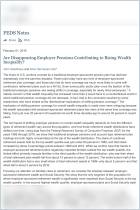
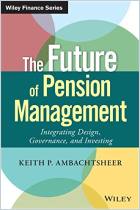
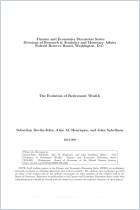
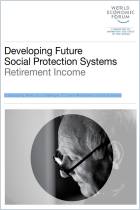
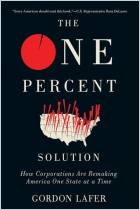
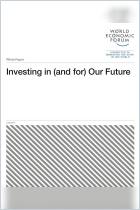






Comment on this summary or Démarrer une discussion